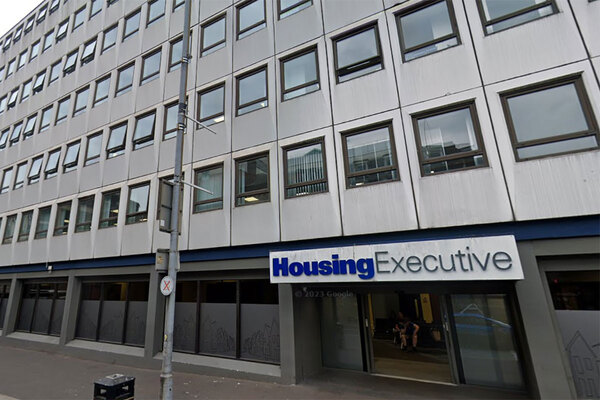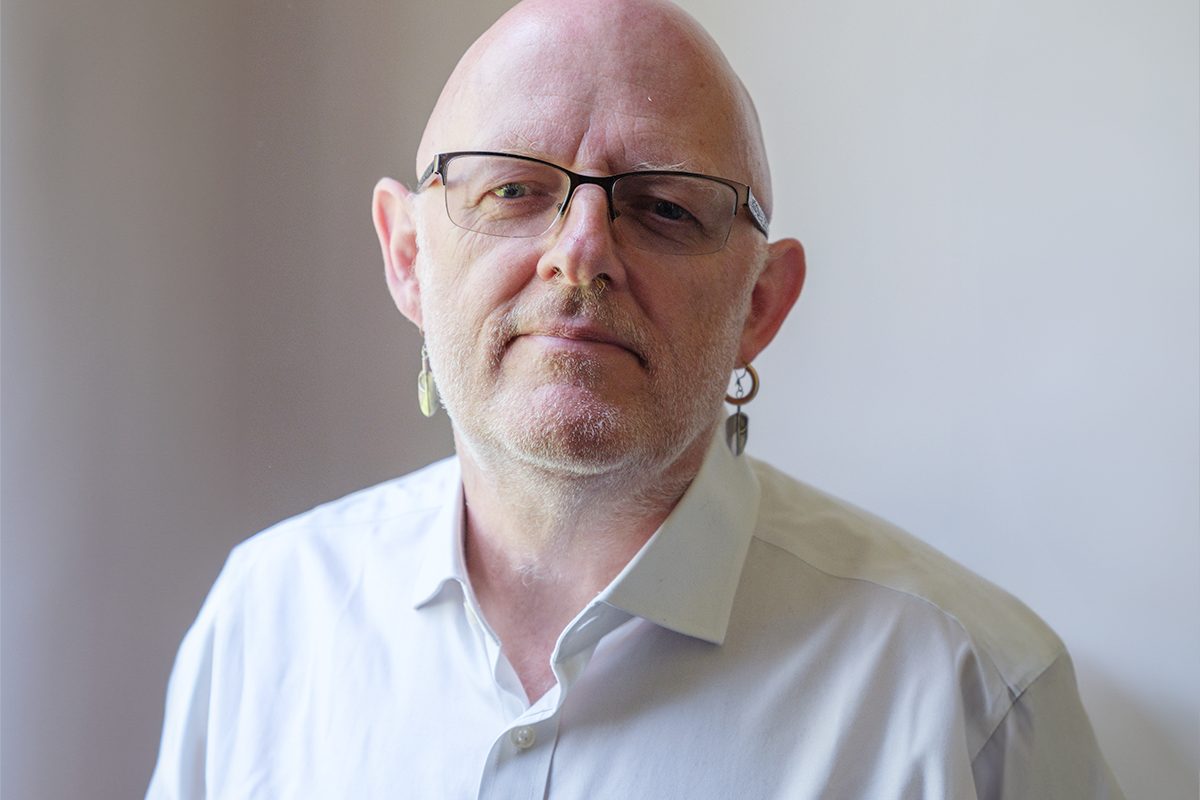You are viewing 1 of your 1 free articles
It's a Wonderful Film
I ended up watching Frank Capra’s “it’s a Wonderful Life” for the umpteenth time the other day. It’s a film that is traditionally rolled out for all the family to watch at Christmas and although it is rather schmaltzy it never fails to bring a tear to my eye. But it has a wonderful underlying message about housing and the value of community.
If there is anyone out there who has yet to see it (which I can’t believe) here is a summary: George Bailey, played by James Stewart, lives in Bedford Falls, a small town in upstate New York. As a young boy he saves his brother Harry from drowning in an icy pond and works in a drugstore where he prevents the owner, Mr Gower (who has just heard about the death of his son) from mistakenly prescribing some fatal poison to a sick child. As a young man, George is desperate to travel the world but, as with Truman Burbank in The Truman Show, something comes up every time he is about to leave Bedford Falls. His father runs a small Building and Loan company (a building society) that helps working people to buy their own homes and to escape the slums of the film’s villain, Henry Potter. When George’s father dies, Potter tries to close down the Building and Loan but the other directors vote to keep it going on condition that George takes over. When Potter criticizes his father’s soft-heartedness, George responds with one of the most moving speeches of the film:
“But he did help a few people get out of your slums, Mr. Potter, and what’s wrong with that? Why… here, you’re all businessmen here. Doesn’t it make them better citizens? Doesn’t it make them better customers? You… you said… what’d you say a minute ago? They had to wait and save their money before they even ought to think of a decent home. Wait? Wait for what? Until their children grow up and leave them? Until they’re so old and broken down that they… Do you know how long it takes a working man to save $5,000? Just remember this, Mr. Potter, that this rabble you’re talking about… they do most of the working and paying and living and dying in this community. Well, is it too much to have them work and pay and live and die in a couple of decent rooms and a bath? Anyway, my father didn’t think so. People were human beings to him. But to you, a warped, frustrated old man, they’re cattle. Well in my book, my father died a much richer man than you’ll ever be!”
Later, George marries his childhood sweetheart Mary and is about to leave on honeymoon when there is a run on the banks and savers besiege the Building and Loan to withdraw their money, in images reminiscent of the Northern Rock stampede. Potter has made an offer to the Building and Loan’s customers but George tries to reason with them and urges them not to panic:
“Now wait…now listen…now listen to me. I beg of you not to do this thing. If Potter gets hold of this Building and Loan, there’ll never be another decent house built in this town. He’s already got charge of the bank. He’s got the bus line. He got the department stores. And now he’s after us. Why? Well, it’s very simple. Because we’re cutting in on his business, that’s why. And because he wants to keep you living in his slums and paying the kind of rent he decides. Joe, you had one of those Potter houses, didn’t you? Well, have you forgotten? Have you forgotten what he charged you for that broken-down shack? Here, Ed. You know, you remember last year when things weren’t going so well, and you couldn’t make your payments? You didn’t lose your house, did you? Do you think Potter would have let you keep it? Can’t you understand what’s happening here? Don’t you see what’s happening? Potter isn’t selling. Potter’s buying! And why? Because we’re panicking and he’s not. That’s why. He’s picking up some bargains. Now, we can get through this thing all right. We’ve got to stick together, though. We’ve got to have faith in each other.”
When a customer presses him for his money he responds:
“You’re thinking of this place all wrong. As if I had the money back in a safe. Your money is in Joe’s house, that’s right next to yours and in the Kennedy house and Mrs. Macklin’s house and a hundred others. You’re loaning them the money to build and they’ll pay it back”.
The Building and Loan survives, just. Later, at a ceremony to hand over the keys to a new homebuyer, Mary hands over bread, wine and salt, “Bread… that this house may never know hunger. Salt… that life may always have flavor. And wine… that joy and prosperity may reign forever.”
Finally, Potter steals $8,000 of the Building and Loan’s money and George, faced with bankruptcy and with the bank examiner breathing down his neck, is at his wits end. He is about to throw himself in the river when Clarence, his Guardian Angel, intervenes by falling into the river first. George dives in to save him. As they dry off in the bridge-keeper’s hut George says that he wishes he had never been born and Clarence (you have to suspend your disbelief at this point) decides to show George how Bedford Falls would have turned out if George had never lived. To begin with, his brother Harry would have died, as would the hundreds of people that Harry had saved on a passenger transport when he was a fighter pilot in the war. Mr Gower had gone to prison for killing a child and is now an alcoholic. Mary is a spinster librarian and the town is now called Pottersville and is full of sleazy bars. All of the people provided with decent homes by the Building and Loan are still living in Potter’s slums, bitter at the way their lives have worked out. It turns out that George has made a big difference to the live of hundreds of people. Finally, when he returns to reality, the townspeople have rallied round to pay George’s debts and the Building and Loan is saved.
The film’s final words are, “To George Bailey the richest man in town.”
George Bailey is not a provider of social housing as we know it but his philosophy is “social” in the sense that he is committed to helping people and improving their housing conditions. He believes in family and community and has a keen sense of fair play and justice. He is an ethical capitalist, and wants the market to work for people and not against them. We could do with more like him. The film is deeply moral and its overriding motif is that wealth comes from life and not from money (incidentally the FBI considered the film to be un-American and communist propaganda).
We should promote George Bailey as the patron saint of housing. He embodies everything that we should be striving for and have tended to lose sight of: fairness, justice, community, neighbourliness, mutuality and decency, and above all, a belief that everyone should have a decent home at a price they can afford.









